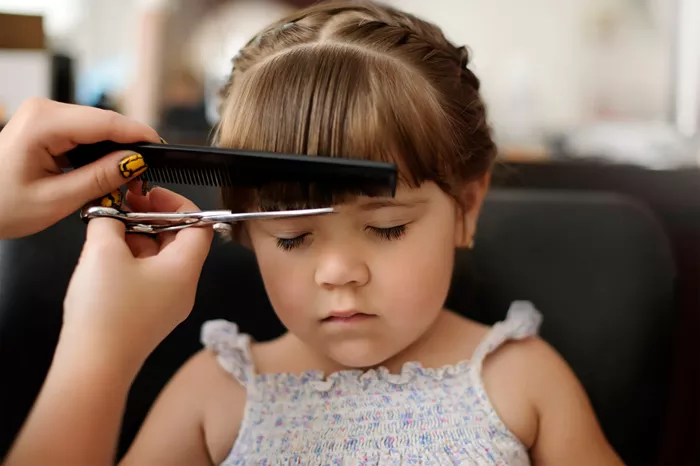LinusBio, a New Jersey-based biotechnology company, has launched ClearStrand-ASD, a novel test designed to assist healthcare providers in ruling out autism spectrum disorder (ASD) in children aged 1 to 36 months. This test requires only a single strand of hair and is now available in 44 U.S. states.
ClearStrand-ASD analyzes a child’s hair to detect specific metabolic patterns. These patterns may indicate exposure to certain substances or toxins over time, which some studies suggest could be linked to autism. By examining these patterns, the test aims to help doctors determine whether a child is unlikely to have autism.
It’s important to note that ClearStrand-ASD is not a standalone diagnostic tool. It cannot confirm an autism diagnosis but can help rule it out in children who may be at higher risk, such as those with a sibling diagnosed with autism or those showing behaviors associated with the disorder. The test has not been approved by the U.S. Food and Drug Administration (FDA). Additionally, it is not yet covered by insurance, and the cost is $2,750.
Manish Arora, CEO of LinusBio, emphasizes the importance of early intervention for children with autism. He hopes that ClearStrand-ASD will make the process of ruling out autism more efficient, allowing for timely support and treatment.
While the test shows promise, experts suggest that more research is needed to fully understand its effectiveness. Stephen Sheinkopf, a professor of pediatrics at the University of Missouri, advises that families concerned about autism should consult with pediatricians or primary care physicians who can monitor development and conduct appropriate screenings.
ClearStrand-ASD represents a significant advancement in early autism assessment, offering a non-invasive method to help rule out autism in young children. As research continues, it may become a valuable tool in the early detection and intervention of autism spectrum disorder.
Read more:
- Health Clinics Struggling As Federal Funding Disruptions Cause Closures And Delays
- MAHA Moms Call For ‘rigorous Transparency’ On Health Concerns
- Why Older Americans Face More Heart Problems Than Danes?


